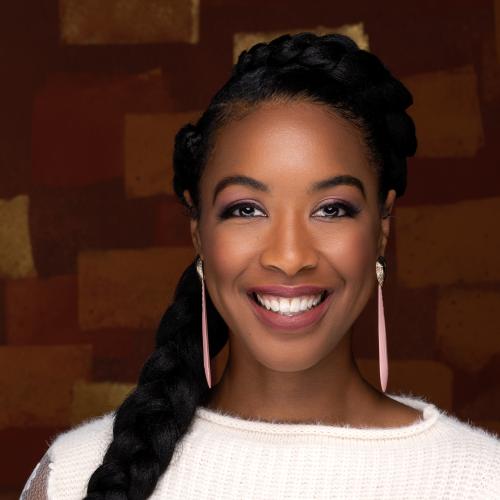Lost In The Mix: An Analysis of Credited Technical Professionals in the Music Industry Highlighting Women and Non-Binary Producers and Engineers Across DSP Playlists, Genres, Awards, Record Certifications & Distributors
ABSTRACT:
The Fix The Mix Report is a pioneering study of gender representation in music production and engineering credits, focusing on women and non-binary technical creators. It examines credits across 1,128 songs in 2022, revealing representation levels ranging from 0% to 17.6% in specific sectors. According to the USC Annenberg Inclusion Initiative, women account for only 2.8% of all music producers credited across 1,100 songs on the charts from 2012-2022. Despite this low representation, the Fix The Mix report shows varying levels of representation across different genres, DSP playlists, awards, and certifications. The report expands knowledge on inclusion in the music industry and presents metrics and data-informed strategies for quantifiable change. The music industry can use this information to target collective efforts towards areas that need the most attention and measure progress more effectively. Although some genres appear more inclusive in their hiring practices, the overall numbers remain alarmingly low. This study presents metrics and data-informed strategies in an effort to realize quantifiable change.
LINK: https://www.mtsu.edu/media/fix.pdf

